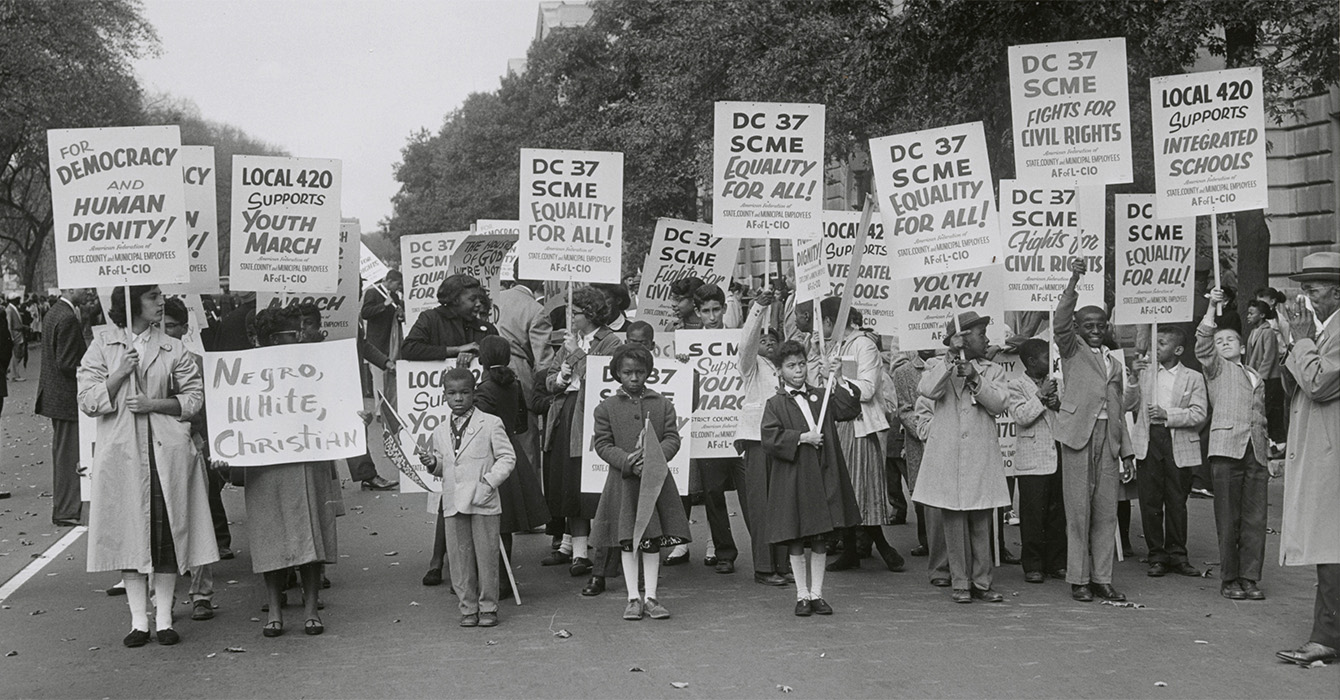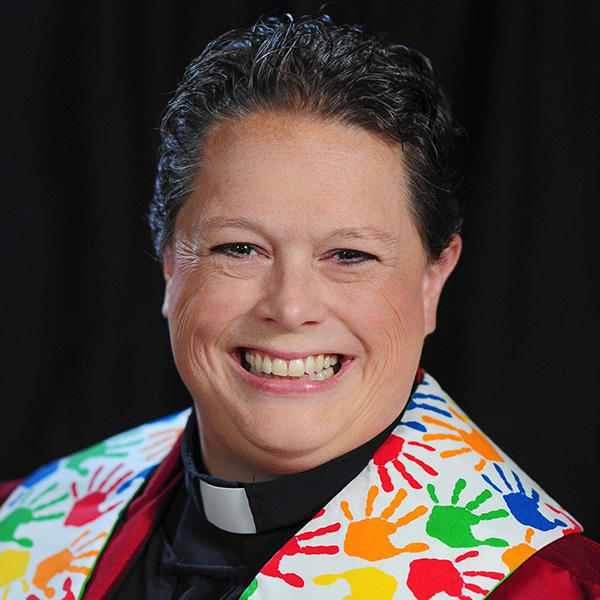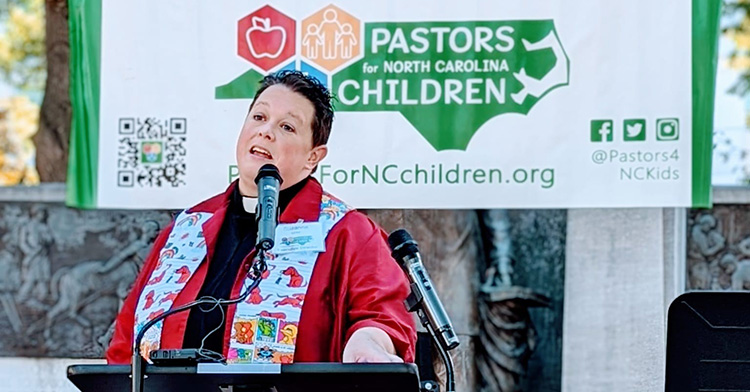“What’s going to happen with denominations?”
I often hear a variation of this question these days. The tone in which it’s asked sounds similar to people wondering what they are going to do with the large, run-down home of their aging parents, packed to the gills with stuff no one wants.
Denominations sometimes seem more a burden than an asset. It’s often not clear to denominational leaders themselves what the structures are for. Denominations often look much like declining congregations. There’s a mix of denial, selective enthusiasm for short-term projects, public make-nice with private accusation, and fear of causing offense to a dwindling membership base.
Denominations might learn something from educational reform movements that seem to be getting some traction with the leadership of President Obama, Education Secretary Duncan, and thousands of local leaders. As the spouse of a school principal I have watched these developments with particular interest. There is an emerging consensus around a short list of basics that go into schools doing their job. A quality principal is key. There need to be measurable outcomes for student learning. Testing will be one measure of success. Testing data will be used to target and improve instruction. All will be held accountable. No excuses.
Right now denominations mostly seem to be an arena in which people fight over social and political issues, especially sexuality. Meanwhile, the mainline Protestant venture as a whole continues to decline. What about denominations getting focused on what makes for a healthy, vital church, and creating systems of support and accountability to move congregations in that direction? A crucial part of this would be clarity about key markers of effective pastoral leadership.
While there may be a lot of debate about criteria for assessing church health, we aren’t exactly in the dark on this, nor do we need to reinvent the wheel. For example, the 2004 U.S. Congregational Life Survey issued in a ten item list of “church strengths” described in “Beyond the Ordinary: Strengths of U.S. Congregations.” That Survey has recently been updated with “A Field Guide to U.S. Congregations.”
The ten strengths include: (1) people are growing spiritually, (2) worship is experienced as meaningful (3) people participate often and in varied ways in the life of the congregation and (4) they experience a sense of belonging. Children and youth are cared for (5) and there is (6) a focus on the community. Sharing faith (7) and welcoming people (8) are important as are (9) empowering leadership and (10) looking to the future.
In education today there is some common understanding of what kids need to know. There is consensus around the knowledge and skills to be attained at various grade level checkpoints. Teachers know what the goals are and accountability is slowly increasing. Principals have a key role in interpreting the goals and helping teachers gain the skills and capacities they need to make progress. The point is not to get teachers. It is to educate kids.
My hunch is that if there is a future for denominations it will be in describing and communicating the marks of faithful and fruitful churches and the nature and qualities of effective leadership (clergy and lay), and then creating the structures and resources to get congregations focused on building these strengths. It would also have to have some teeth: the capacity to get rid of ineffective clergy and lay leaders who only block progress, and even to close some churches that show no serious commitment to change. The emphasis would be, “Here’s where we’re going; here’s where you stand now; let’s develop the strategy to build these strengths, and put the resources in place, to make progress.”
Would there be resistance to this? You bet. Some congregations would leave. But the truth is that’s happening already. If denominations could say, “We’re here to work together with you, clergy and congregations, to describe and work toward greater congregational health and vitality and, with your participation, we promise results,” denominations just might have a future.







